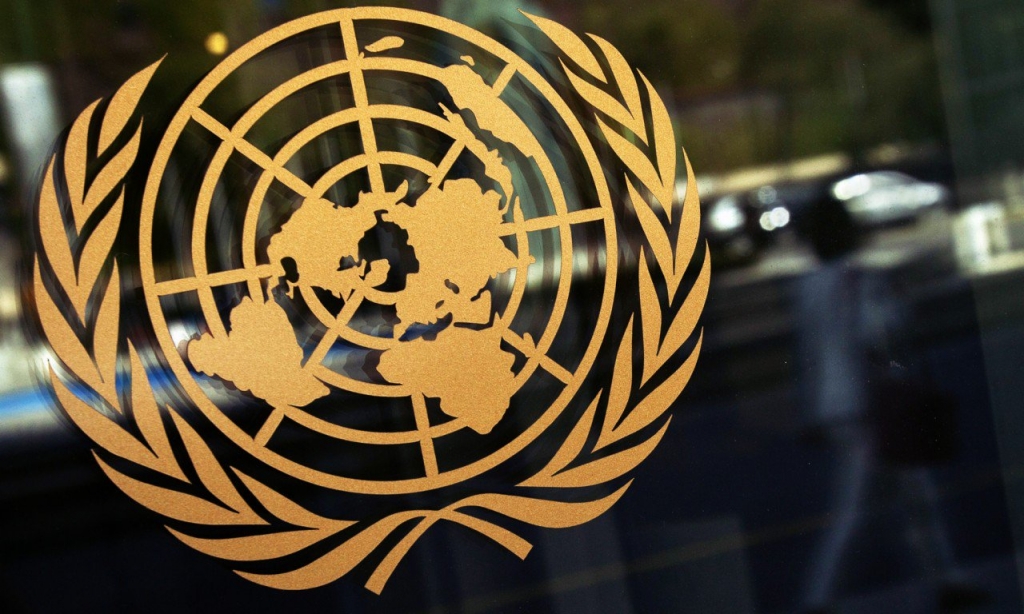Statement by representative of the Russian Federation Mikhail Shabaltas at the virtual open briefing of the Security Council Counter-Terrorism Committee on “The role of judges, prosecutors and defence counsel in bringing terrorists to justice, including the effective use of battlefield or military-collected evidence”
Your excellency, Mr. Chair,
At the outset, allow me to thank you for organizing this briefing and ensuring continuity and efficiency of the Committee’s work amidst the pandemic. We are grateful for the opportunity to engage with many distinguished experts who joined us as panelists today. In this regard, I wish to extend my personal regards to the former Executive Director of CTED, Ambassador Jean-Paul Laborde who laid the foundation for many processes in the Directorate that are now being carried out under the able leadership of ASG Michele Coninsx.
Mr. Chair,
The agenda of the present event appears to be one of the most controversial and sensitive subjects the CTC dealt with in a while. Our delegation accepted its inclusion in the programme of work, because it gives us an opportunity to openly discuss the existing gaps in implementation of the binding resolutions of the Security Council pertaining to accountability of terrorists, including foreign terrorist fighters involved in a wide range of illegal activities in conflict zones.
Unfortunately, we witness persistent attempts to misinterpret the provisions of resolution 2396 in the context of collection of evidence in conflict zones, which are used in order to promote the disputable concept of “battlefield evidence”, otherwise called “military evidence”. Let me stress that neither the Council, nor its subsidiary bodies endorsed this concept and provided guidance to Member States in this regard.
The concept note for this briefing outlines the primary obligations and requirements regarding collection, handling and sharing of evidence and international cooperation in this sphere, including those embodied in resolution 2322. States must afford one another the greatest measure of assistance in connection with criminal investigations. It is absolutely crucial to utilize the existing treaties on mutual legal assistance and extradition more effectively, introduce expedited and simplified procedures for the transfer of terrorists, while adhering to the principle “extradite or prosecute” and ensuring inevitability of punishment.
We wish to stress that involvement of the military in the process of collection of information to be used as evidence shall not be considered as a standard practice. It may be appropriate only under exceptional circumstances and in full compliance with international law, including the UN Charter and its principles of respect for sovereignty, non-intervention and territorial integrity of States.
The authority to collect information and evidence can not be delegated to any kind of military personnel in areas of armed conflict. Deployment of a military contingent must be supported by clear legal authorities and regulations. A troop-sending State must receive an explicit consent from a troop-receiving State for these purposes. Otherwise, there should be an international legal mandate, namely on a basis of a Security Council decision. Moreover, the authority to engage in the aforementioned activities should be specifically stated in the mandate provided to the military.
The Russian Federation is committed to ensuring that any efforts that may be inconsistent with these principles are rejected and repudiated by the Council and its Counter-Terrorism Committee.
I thank you for your attention.
